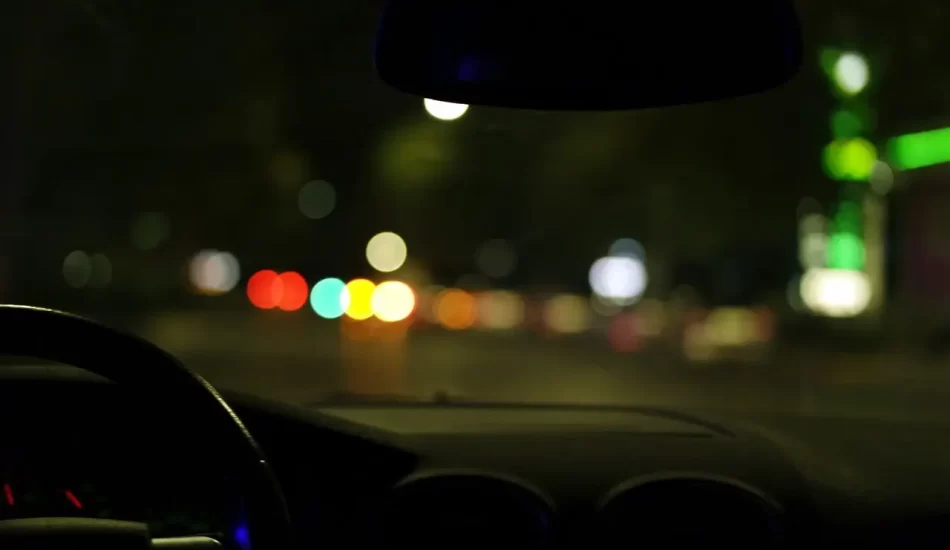Common Signs That You’re Too Drowsy to Drive

Drowsy driving is an epidemic like no other, affecting almost every motorist in the world at some point in their lives. While it’s possible to avoid fatigue behind the wheel by getting enough sleep and managing your driving schedule effectively, you’re inevitably going to have to deal with drowsiness at some point during your driving career. Familiarize yourself with how to recognize those moments of exhaustion and what you should do to avoid an auto accident once you do.
Warning Signs for Drowsy Driving
Fatigue behind the wheel usually affects two things: your driving tendencies, and your behavior within the vehicle. Let’s start with the latter, as these signs are often easiest to notice in yourself or as a passenger:
- Yawning, frequent blinking, or rubbing your eyes.
- Slumping down or trying to get comfortable in your seat.
- Checking out mentally and being unable to recall the last miles of driving.
- Unusual irritability or moodiness.
- Feeling like you need to keep yourself awake with distractions.
Conversely, signs of fatigue that manifest in your driving are oftentimes easier to notice in other vehicles than in yourself, though if you pay attention, you may also catch on to these signs of impaired driving:
- Ending up too close to other vehicles.
- Drifting out of your lane or hitting rumble strips.
- Forgetting to use or turn off your blinkers.
- Slowly decelerating or accelerating over time, then suddenly correcting yourself.
- Not noticing traffic light changes or other vehicles right away.
- Having any type of “near miss” with curbs or other vehicles.
What Should You Do if You’re Tired?
If you start to display any of the above symptoms, you should take one of the following actions as soon as possible to address your fatigue:
- Let a better-rested driver take over and drive for a while, if possible.
- Pull your vehicle over somewhere safe and take a nap for at least an hour. Once you wake up, let the effects of sleep inertia/ grogginess wear off for 5-10 minutes before resuming your drive.
- If absolutely necessary, coffee and energy drinks/ supplements can be used instead for short bursts of wakefulness. Regardless of which you use, you’ll need to wait for your body to process them, and then be wary of how quickly their effects will fade. Neither is an effective replacement for getting enough sleep, so don’t rely on substances regularly.
Never try to force yourself awake while exhausted, such as by turning up the radio, rolling down the windows, or talking to passengers. Doing so can technically keep you from falling asleep, yet not only will fail to address your drowsiness but will also further impair you by distracting you simultaneously. Even if you’re mere minutes away from your destination, drowsy driving is never acceptable for any length of time. Don’t risk getting into a car accident in Nevada.
Drowsy Driving Accidents in Nevada
Drowsy driving plays a role in an immense number of auto accidents every year. If you’ve been hurt in a fatigue-related crash yourself, it’s in your best interest to talk to a Las Vegas car accident attorney to learn more about how drowsiness will impact your case and how you can secure as much compensation as possible. We can simplify the claims process and give you peace of mind, so give Aaron Law Group a call at (702) 550-1111 to schedule a free consultation with a local auto accident lawyer today.